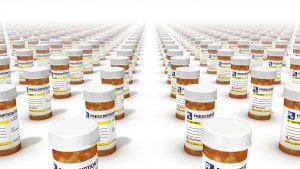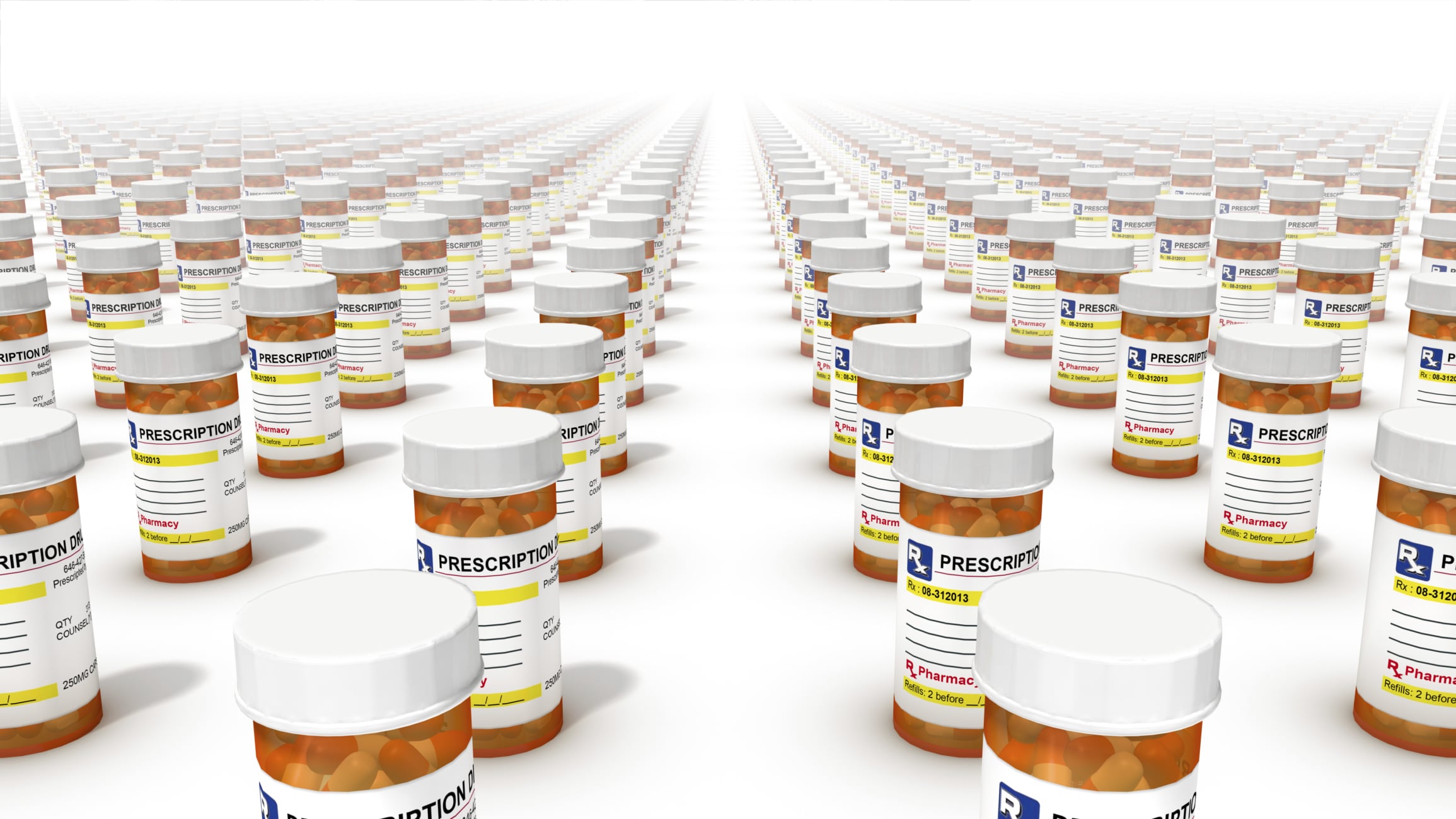 Lipitor, recently under fire for allegedly causing some users to develop type 2 diabetes, is among the many medications marketed as “wonder drugs.” The problem with manufacturers, doctors, and TV personalities using this terminology is that it adds magical or miraculous expectations to drugs that carry no such power. Recently, Dr. Mehmet Oz of “The Dr. Oz Show” was called before senators to answer for the repeated use of such terminology while promoting products that, in reality, had little or no scientific backing.
Lipitor, recently under fire for allegedly causing some users to develop type 2 diabetes, is among the many medications marketed as “wonder drugs.” The problem with manufacturers, doctors, and TV personalities using this terminology is that it adds magical or miraculous expectations to drugs that carry no such power. Recently, Dr. Mehmet Oz of “The Dr. Oz Show” was called before senators to answer for the repeated use of such terminology while promoting products that, in reality, had little or no scientific backing.
Several studies were presented that demonstrated the ineffectiveness of the so-called wonder drugs promoted by Dr. Oz. Studies demonstrating this ineffectiveness had been publicly available for years by the time Dr. Oz got around to promoting them as miracle cures or wonder drugs on his show. In the end, his appearance before the senatorial subcommittee amounted to nothing more than a slightly embarrassing slap on the wrist.
Debunking the “Wonder Drugs”
Lipitor, also hailed as one of the “wonder drugs,” is a statin. Statins are extremely effective in lowering “bad” cholesterol, the risks for secondary heart attacks, and strokes. They are so effective that they have become one of the world’s most prescribed drugs. Unfortunately, statins are now being linked to memory problems and an increased risk of type 2 diabetes. Inconclusive studies also hint at possible connections to cataracts, kidney damage, aggression, and irritability. The possible connections are important in determining whether or not people without any history of cardiac problems should be prescribed cholesterol-lowering medications.
Third-party groups conducting their own studies are not convinced that benefits outweigh the potential risks for cholesterol-lowering medications. As popular as they are, some cardiologists believe that medications like Lipitor are over-prescribed. It is quite common for patients of long-time physicians to take everything their doctors say at face value, trusting that they are not being misled. If their doctors describe medications like Lipitor as “wonder drugs,” the patients may chose to skip more traditional means of controlling cholesterol and go instead with the doctor-recommended brand, expecting wonderful results.
Lipitor’s Potential Side-Effects
Lipitor lawsuits have since been filed against the manufacturer, Pfizer, alleging that consumers were not adequately warned about all of the potential negative side effects. Attorneys are pursuing damages on behalf of patients who took supposed “wonder drugs” like Lipitor and developed type 2 diabetes as a result. The lawsuits also allege that Pfizer knew about the potential risk of type 2 diabetes and still knowingly promoted it as safe and effective. Lipitor’s warning label never contained any information regarding blood sugar level changes or type 2 diabetes until February of 2012 when the FDA ordered that it be added. Even after this change, lawsuits claim that the warning is still poorly worded, understated, and potentially misleading. Patients who develop type 2 diabetes as a result of taking Lipitor now face a lifetime of glucose testing and management practices.
Getting Help from Lipitor Attorneys
If you or a loved one developed type two diabetes, and you believe that it was the result of your Lipitor intake, contact Attorney Group today. These “wonder drugs” are not living up to their name, and you may have been prescribed the medication unnecessarily in the first place. We can provide you with further information, answer any additional questions you may have, and review your case in a free, no-obligation consultation to determine whether you have a claim. If you do, we can connect you with an affiliated Lipitor attorney who can file a lawsuit on your behalf. Call today.






